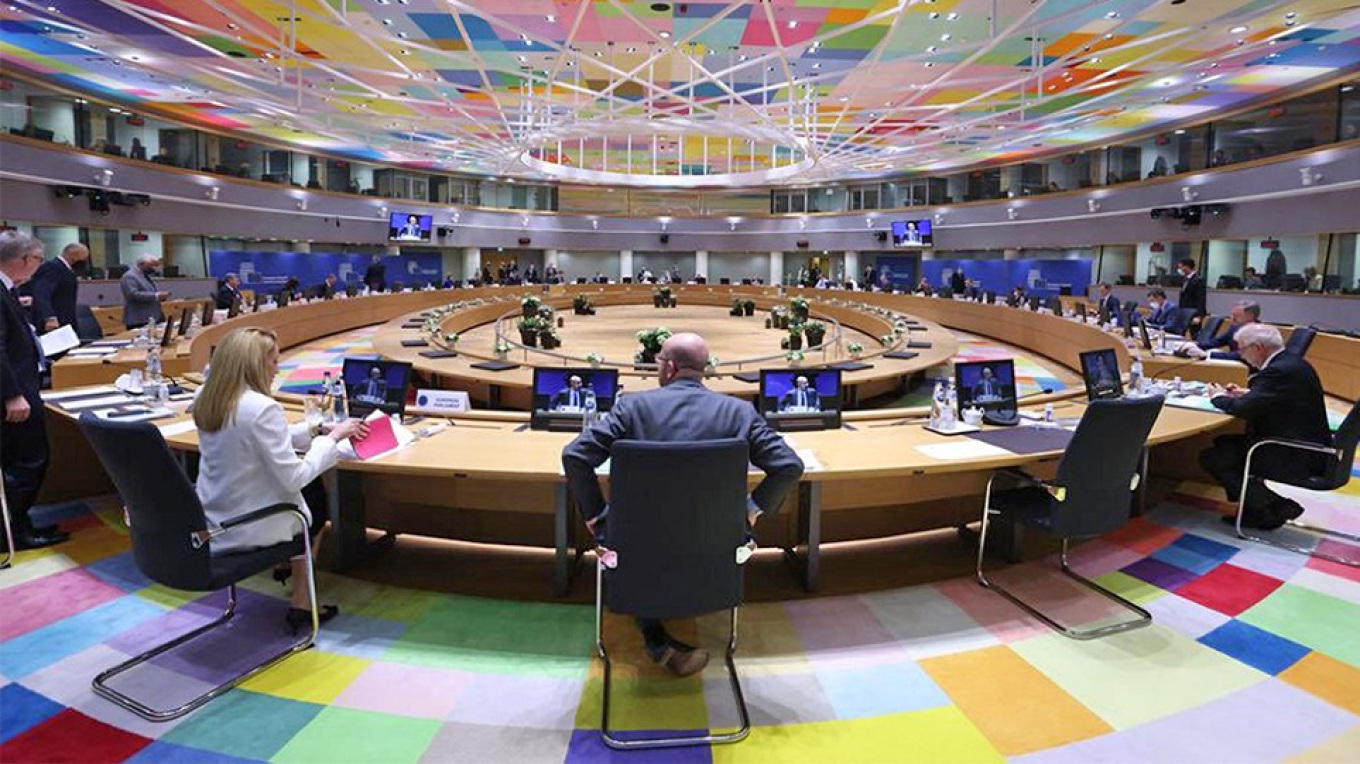The war in Ukraine and the subsequent energy crisis spillover which has impacted the global economy has proven that in times of widespread turmoil and uncertainty even the closest of allies like the EU and the US have their relations seriously strained.
The latest of this impending economic fallout is the US Inflation Reduction Act (IRA) which has subsidised US companies, skewing the market against EU companies.
The president of France has already brought up the issue to the EU Summits urging for some responses on the part of the EU bloc, while other leaders, as well as the Commission, are moving in the same direction, although we are far from specific solutions, as reported by international media. On Thursday, ahead of the summit, Emmanuel Macron appealed to EU leaders for a “faster and stronger” response to the colossal US subsidy program, the Inflation Reduction Act (IRA).
“We have to have an answer to maintain equal competition and defend the big plans, especially the green technologies and the technologies of the future for Europe,” Macron said upon his arrival in Brussels on Thursday.
And as he added, “this requires greater speed, simplification of the rules and the formulation of a macroeconomic response and a level of assistance, at the European and national level, that will allow us to give a response, to maintain parity in terms of what the Americans are doing”.
According to Macron, any action should be taken at the beginning of 2023.
It is not the first time that the French leader has railed against the USA, a close ally of his country (but also of the EU) for the protectionist tactics of the White House which end up costing the EU27 dearly. In October, he took aim at the US for selling natural gas at a very high price, burdening European businesses, but giving American companies a comparative advantage thanks to cheap energy.
The American program adopted this summer in Washington foresees investments amounting to 370 billion dollars to deal with climate change.
However, behind its environmental objective, the program has a protectionist character, providing exceptional aid to businesses operating in the United States, and possibly further hurting European competitiveness already suffering from soaring energy costs.
Meanwhile, European Commission President Ursula von der Leyen told MEPs in Strasbourg on Wednesday that “this law risks giving rise to unfair competition”. She proposed the establishment of a European program, without Brussels waiting for American concessions, which are the subject of discussion in the transatlantic working groups.
The situation is difficult, to say the least. Moscow has reduced natural gas exports by 80% directed for the European Union. But if the European supply is secured for this winter, mainly thanks to imports of liquefied natural gas (LNG).
German Chancellor Olaf Scholz has called for a temperate approach with the US in an effort to avoid negatively affecting the EU-US partnership, but Von der Leyen argues the need for a European ‘sovereignty fund’ to develop a common industrial policy and increase investment in research and innovation programs on a European scale: such as hydrogen and semiconductors.
Ask me anything
Explore related questions





